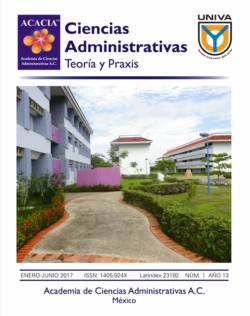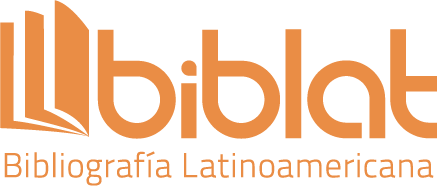Leadership based on the European Model of Excellence for change processes: Case study
Keywords:
Leadership, Business, generational successionAbstract
Considering that in Mexico, little more than 99% of companies are micro, small and medium enterprises (INEGI, 2012), and the great majority of them are family-owned companies, the purpose is to make the diagnosis of leadership of a family business using the model Of the European Foundation for Quality Management (EFQM), to assist in the process of generational change of the company. The case method was followed in a family business that is in the process of generational change. The methodology was applied to that effect developed by the European Foundation, considering the criterion of Leadership, which is integrated by 5 subcriterios. The diagnosis shows that the company presents a total of 17 strengths according to the elements considered in the subcriteria, however the total score obtained for the criterion under study was considerably low, that is why 11 actions were proposed for the “achievement of the Excellence “, supporting them with 2 projects for the company. It is concluded that the European Model for Excellence helps to identify the level of leadership and supports to foster within the company a leadership that can anticipate and react in a timely manner to changes in the environment, strengthening the image of leaders Of the company, in terms of its action and promotion of attitudes towards continuous improvement and with it, facilitate the process of generational change.

Downloads
Published
How to Cite
Issue
Section
License

This work is licensed under a Creative Commons Attribution-NonCommercial-NoDerivatives 4.0 International License.















